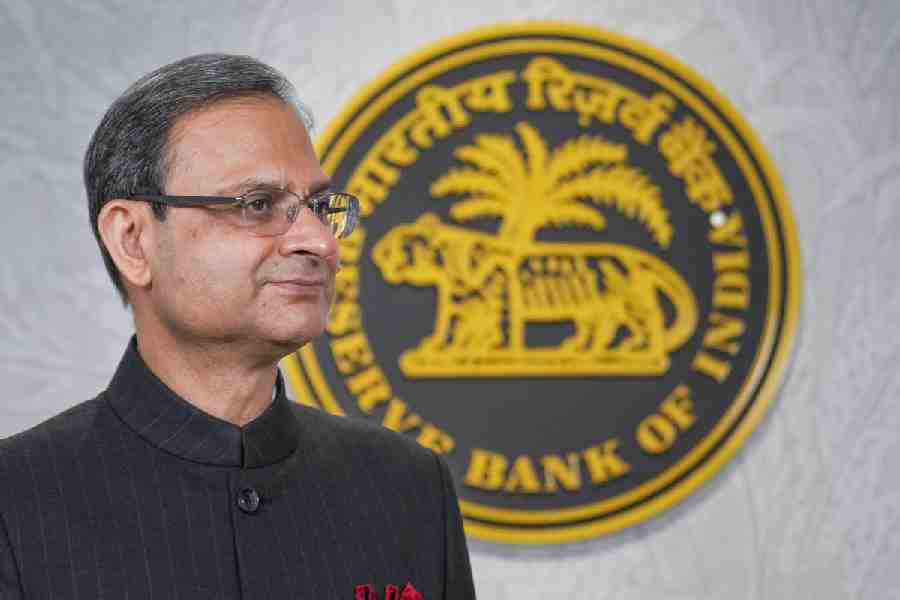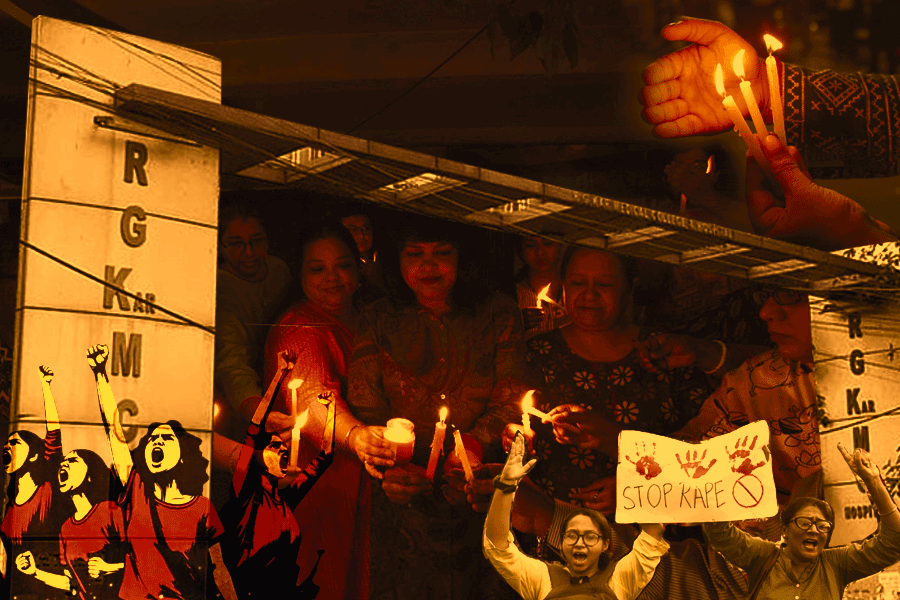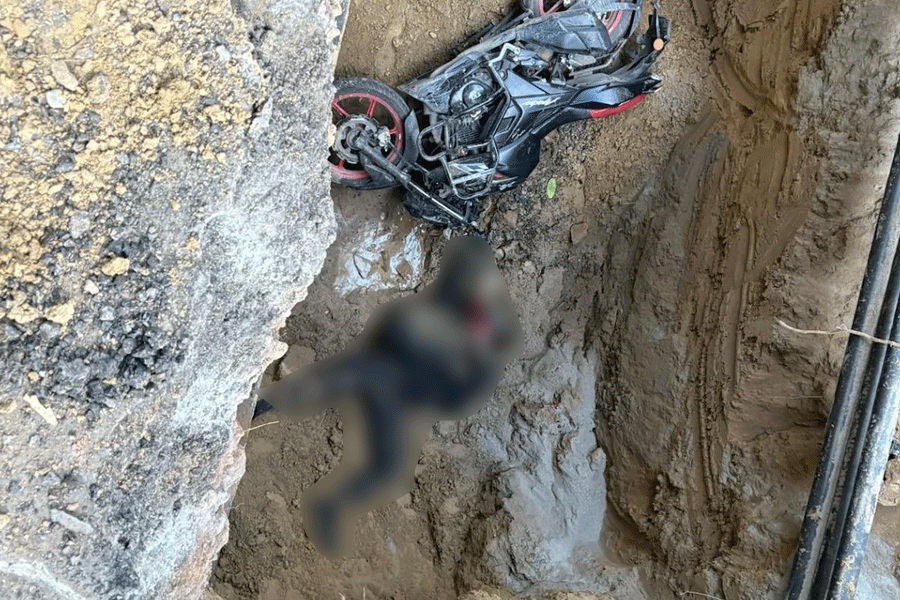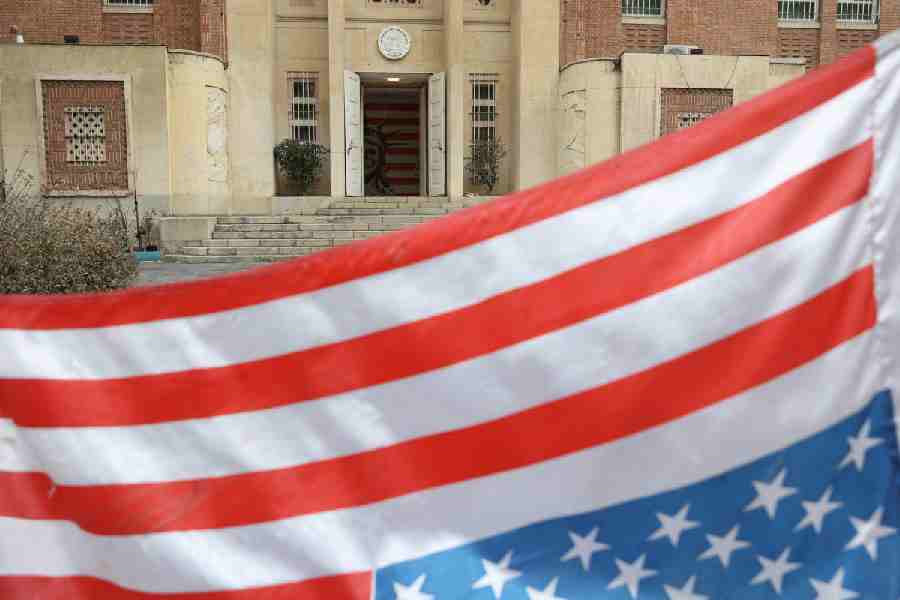About a decade ago, he was a young, promising doctor visiting his native city in search of a bride to be taken to England, his adopted country. She was a doctor, too, of marriageable age, who had almost readily said yes when the marriage proposal reached her through her parents and their family network.
After the marriage in Calcutta’s Salt Lake, Partha Sarathy Roy and Sanchita Bhattacharya went back to England, where the wife joined the husband as a practising consultant in the same hospital near Birmingham.
But they did not live happily ever after. The marriage, which showed early signs of strain, dissolved within nine years in a British county court — the husband filed for divorce on grounds of domestic violence and mental torture.
The wife returned to Calcutta in March 2000 to file a lawsuit in a trial court at Barasat — which has territorial jurisdiction over Salt Lake — demanding restoration of conjugal rights and overturning of the applicability of the British court ruling in West Bengal.
On Friday, the Partha Sarathy Roy vs Sanchita Bhattacharya case was the centre of attention in legal circles as Calcutta High Court upheld the judgment of the Worcestershire County Court of Britain, after setting aside the Barasat trial court order that favoured the wife. Partha Sarathy’s father, Dwijen Roy, who is also a doctor in Calcutta, had filed an appeal in the high court, challenging the validity of the trial court order and demanding quashing of the judgment.
In what appears to be a rare case, Justice A.K. Basu of Calcutta High Court criticised the trial court for its inadequate understanding of the nuances of the British county court ruling, which he examined and upheld in light of international applicability and various precedents. While disposing the petition, the high court observed that many trial courts in the state had an erroneous impression that the judgment of a foreign court had no applicability in India.
Sanchita Bhattacharya had initiated a case at Barasat, arguing that the British court had no authority to nullify her marriage, as it had been solemnised under the Special Marriage Act of India. In setting aside the Barasat trial court order, Justice Basu observed that the British judgment was valid and acceptable, as it conformed to Section 13 of the Indian Penal Code. “The learned trial court has totally failed to grasp the legal concept and ideas of the county court,” the judge observed.
On Friday, Dwijen Roy told Metro that “the relations between his son Partha and former daughter-in-law Sanchita had deteriorated gradually and once, the British police had to intervene.” Partha Sarathy Roy is still away in the UK. The Bhattacharyas were not available for comment.










